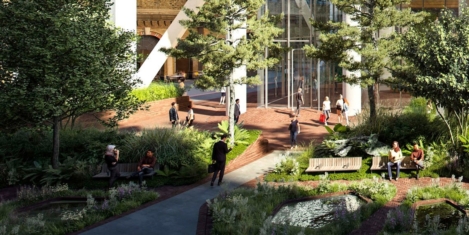October 4, 2022
Reliance on hero leaders holds back progress on the environment
 Reliance on a wise ‘guru’ leader or ‘hero CEO’ endangers progress in tackling the environmental crisis by shifting responsibility, according to a new report from CEMS. Instead, all leaders need to adopt a corporate culture of ‘collective’ responsibility, empowering all employees to make decisions with a generational outlook if real change is to take place. The new report – Leading for the Future of Our Planet – builds on findings from a CEMS survey of 4,206 professionals across 75 countries revealing that the environment is the single greatest concern facing modern-day business leaders, overtaking technological advancement. (more…)
Reliance on a wise ‘guru’ leader or ‘hero CEO’ endangers progress in tackling the environmental crisis by shifting responsibility, according to a new report from CEMS. Instead, all leaders need to adopt a corporate culture of ‘collective’ responsibility, empowering all employees to make decisions with a generational outlook if real change is to take place. The new report – Leading for the Future of Our Planet – builds on findings from a CEMS survey of 4,206 professionals across 75 countries revealing that the environment is the single greatest concern facing modern-day business leaders, overtaking technological advancement. (more…)




































September 30, 2022
There is no F in work
by James Woudhuysen • Comment, Flexible working, Wellbeing, Workplace design
(more…)